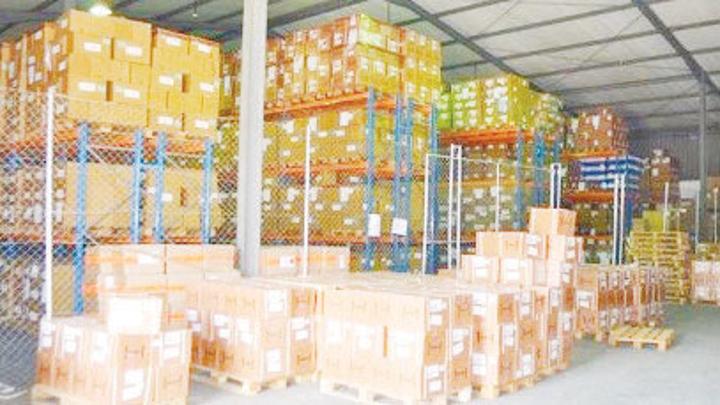Africa-Press – Malawi. Barely two months after some district hospitals reported shortages of essential drugs, the country now finds itself in an ironic situation where drugs worth K2 billion have expired under service providers’ watch.
In September this year, up to a third of the country’s district hospitals reported shortages of drugs such as Diazepam, Dental Lignocaine, Dextrose, Salbutamol, Thiopental and insulin syringes used for treatment of patients suffering from low blood pressure, convulsions and asthma attacks. Some of the drugs are used in surgical operations.
However, while some drugs were in high supply, it has transpired that other drugs were expiring. Health Minister Khumbize Kandodo Chiponda disclosed this to Parliament Tuesday. She told Parliament that over K2 billion worth of drugs have expired, blaming the situation on misprocurement.
The African Development Bank defines misprocurement as a situation where procurement is not carried out in accordance with guidelines, further referring it to a situation where the decision to procure goods or services was made on the basis of incomplete, inaccurate or misleading information.
Kandodo Chiponda said, apart from the issue of expired drugs, another factor that was affecting drug supply in the country is the debt that the Central Medical Stores (CMST) is saddled with.
“Central Medical Stores Trust is owing medical suppliers about K19 billion, which is [negatively] affecting the supply of drugs in the country,” she said.
The minister, however, said the drug challenges were inherited from the Democratic Progressive Party regime. Kandodo Chiponda said the Tonse Alliance-led administration was working around the clock to address the problem.
Chiponda pointed out that the National Audit Office would do auditing to establish what might have led to the situation. She said this when responding to a question from Dowa North legislator Enos Chitalanga, who brought to the attention of the minister information that Bowe Health Centre in his constituency had run short of some drugs.
“These are the things we need to talk about before we recapitalise Central Medical Stores Trust. We need to find a quick solution to all these problems and find out why drugs worth over K2 billion expired.
“It means there was misprocurement; otherwise, if what we were getting is what the hospitals needed, the drugs were not going to expire on us,” she said.
Kandodo Chiponda also attributed the drug shortage problem to under-budgeting by councils, who are under Local Government, because they now do the budgeting in line with the Decentralisation Policy.
On the issue of CMST recapitalisation, she said the trust needed about K30 billion. The Health Minister said they had already engaged the Treasury to settle the debt first. Meanwhile, Malawi Health Equity Network Executive Director George Jobe has described the expiry of the drugs as a “worrisome development”.
He said the nation had incurred a financial cost due to the development, saying funds to be used for replenishing CMST shelves would have been used for other development activities.
“That could also be one of the reasons have a shortage of some medicines,” Jobe said. He backed the idea of recapitalising the trust, saying this would enable it to settle debts.
Mathews Kasanda is a journalist who holds a Bachelor of Arts in Journalism from University of Malawi (The Polytechnic). In 2015, Media Institute of Southern Africa awarded him the Best Print Media Education Journalist of the Year accolade. He joined Times Group Newsroom in September 2019.
For More News And Analysis About Malawi Follow Africa-Press






